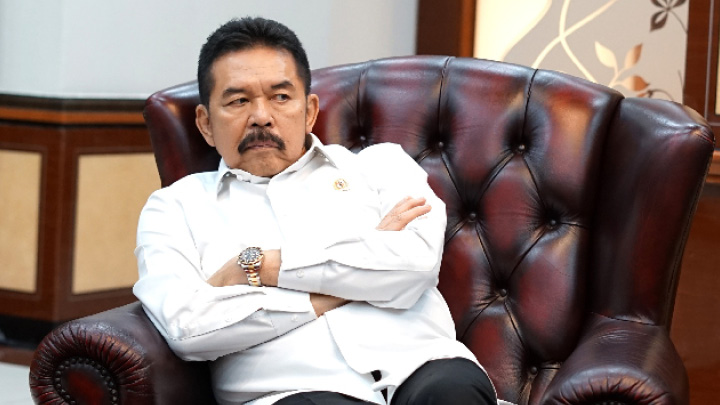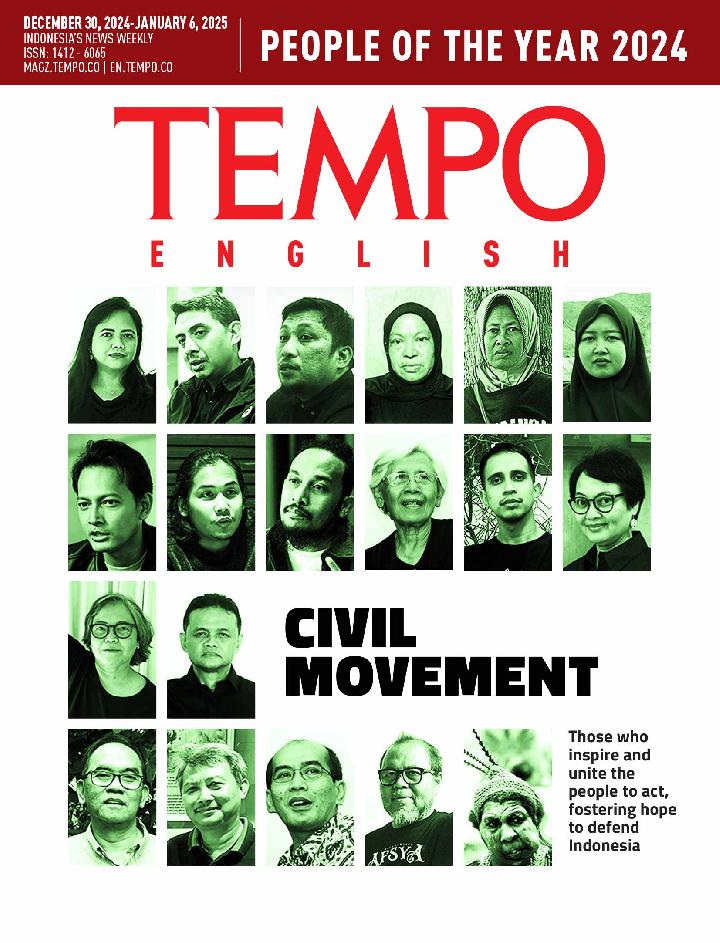Sanitiar Burhanuddin, Attorney-General: I’m not partisan
Wednesday, January 15, 2020
arsip tempo : 173623157129.

WITH the potential state losses reaching tens of trillions of rupiah, the mega scandal—which came to light when Jiwasraya failed to pay out claims by JS Saving Plan policy holders—continues to enthrall the nation as the number of victims affected swelled to tens of thousands. “Just imagine, there are 55,000 transactions. Our colleagues have to work late into the night to sort them out,” Burhanuddin, 65, said in a spec
...
Subscribe to continue reading.
We craft news with stories.
 For the benefits of subscribing to Digital Tempo, See More
For the benefits of subscribing to Digital Tempo, See More








